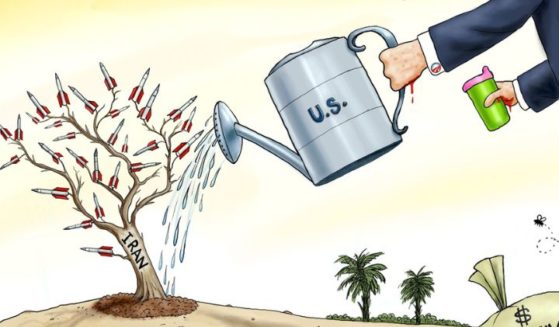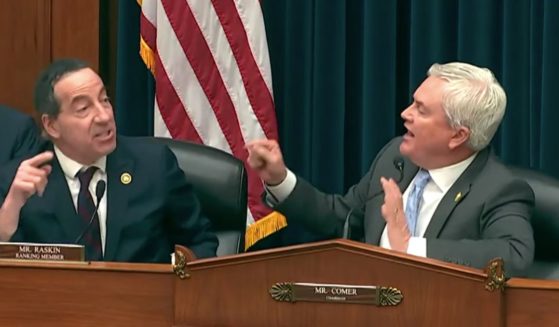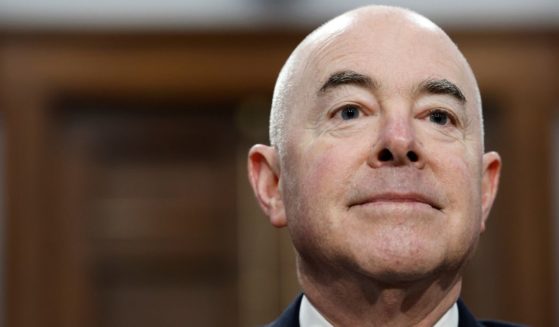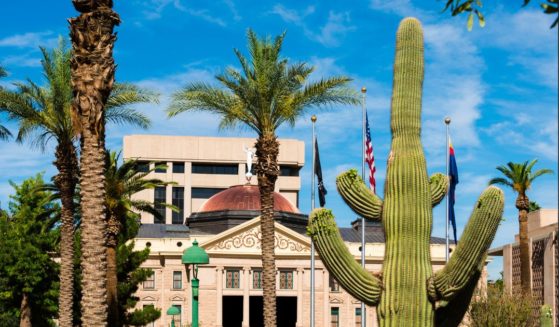South Africa's economy plummets by most in about a decade
JOHANNESBURG (AP) — South Africa’s economy dropped by the most in a decade in the first quarter of this year, the government announced on Tuesday, hurting newly elected President Cyril Ramaphosa’s efforts at growth and reforms.
The government said the economy declined by 3.2% in the first quarter of 2019 from the fourth quarter of 2018, when growth was 1.4%. South Africa fell into recession briefly late last year, and some observers worry that sub-Saharan Africa’s most developed economy is slipping into it again.
Widespread power outages, the worst in years, were in part to blame for the first-quarter drop. South Africa’s important mining sector fell by 10.8% and manufacturing sector by 8.8%, with agriculture down 13.2%.
South Africa’s currency, the rand, quickly fell by more than 1% against the U.S. dollar after the announcement.
“It is a much worse number than expected, about double of what had been anticipated,” Viv Govender, senior analyst at wealth broker Rand Swiss, told The Associated Press of the first-quarter decline. It was the largest drop since the 2008-2009 financial crisis, he said.
Ramaphosa first took office early last year after predecessor Jacob Zuma was forced to resign amid corruption allegations. Public outrage over graft scandals during Zuma’s nearly decade-long stay in office hurt the ruling African National Congress in last month’s election, which won its weakest majority in a quarter-century in power.
The new administration now faces the challenges of reviving the economy and restoring public and investor confidence.
Eskom, which provides most of South Africa’s electricity, has debt of more than $30 billion and is at the center of Ramaphosa’s efforts to rid state-owned enterprises of corruption and mismanagement. “Eskom is in crisis and the risks it poses to South Africa are great,” the president said in his state of the nation address in February.
Ramaphosa faces some pushback, however, amid worries about layoffs in a country where the unemployment rate is 27%. But the International Monetary Fund in a statement on Monday said the operations of public enterprises and Eskom in particular “represent a major downside risk to growth” and that future performance depends heavily on whether — and how quickly — the country’s reforms take hold.
___
Follow Africa news at https://twitter.com/AP_Africa
The Western Journal has not reviewed this Associated Press story prior to publication. Therefore, it may contain editorial bias or may in some other way not meet our normal editorial standards. It is provided to our readers as a service from The Western Journal.
Truth and Accuracy
We are committed to truth and accuracy in all of our journalism. Read our editorial standards.












